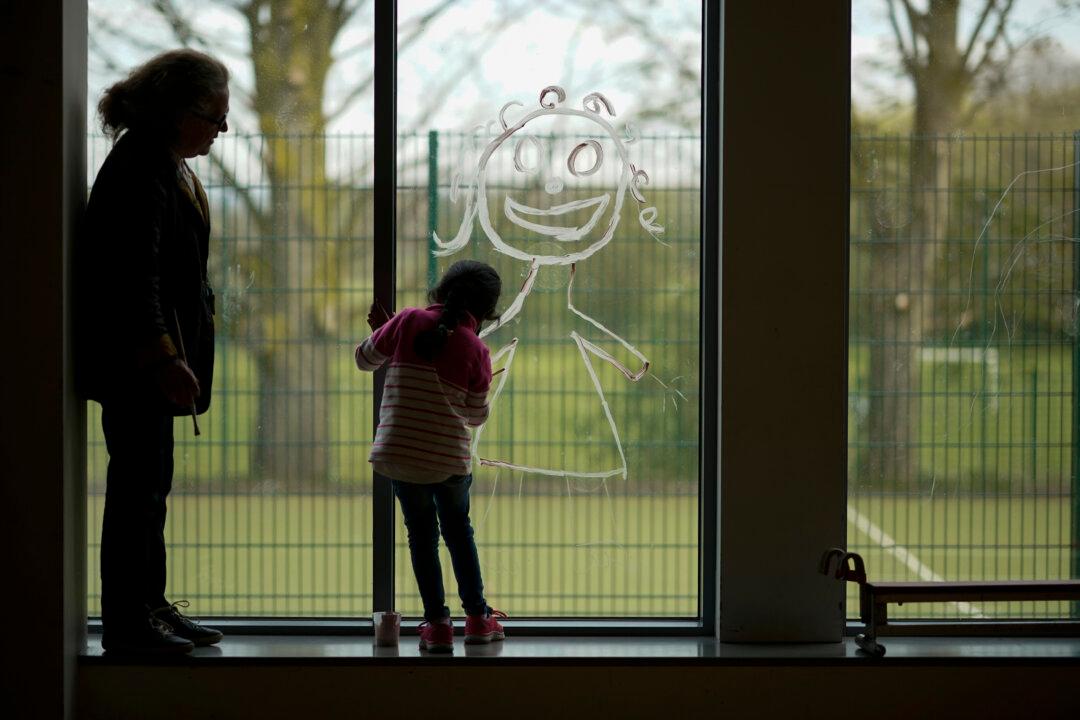More families were breaking down during the CCP (Chinese Communist Party) virus pandemic as lockdowns brought job losses and exacerbated poverty and mental problems, figures from the UK’s largest children’s charity suggested.
Barnardo’s published an urgent appeal on Tuesday, asking people to consider becoming foster carers after the charity was inundated with referrals.





